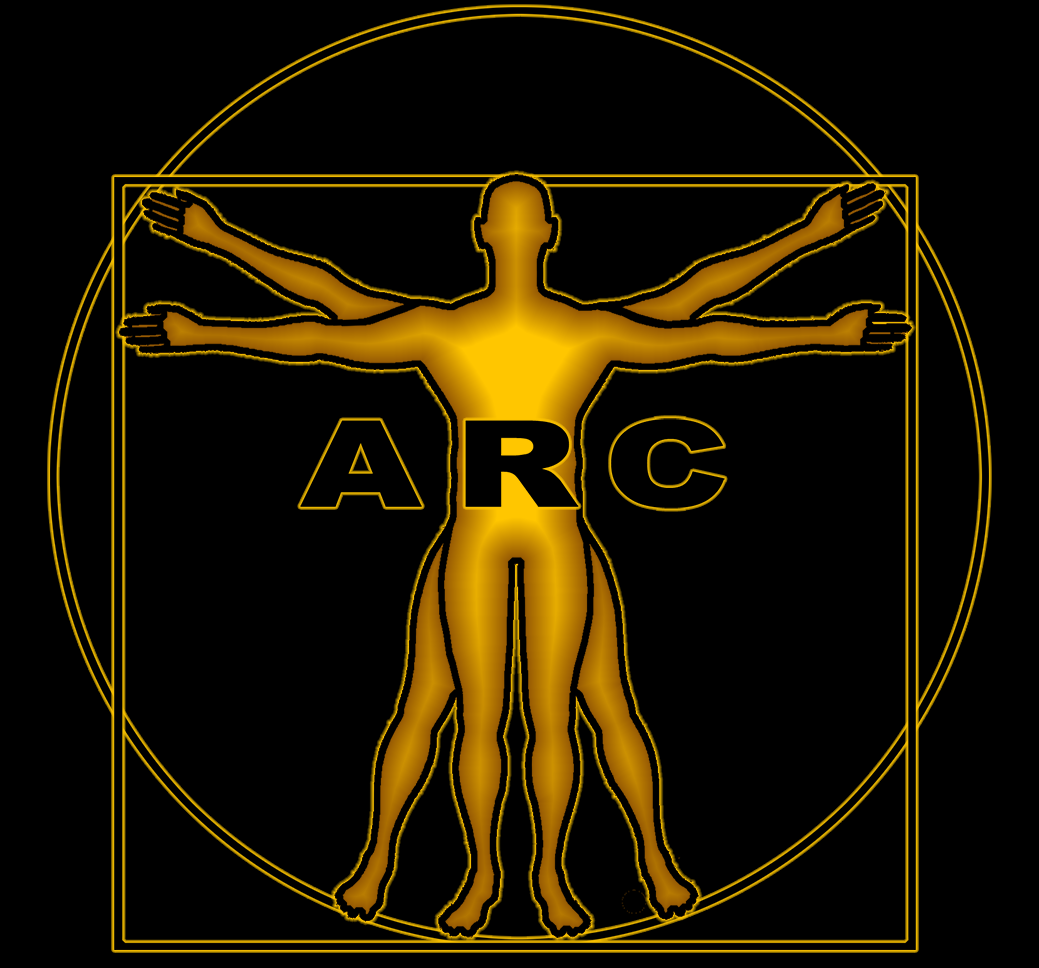
LITHIUM

(WikiLink : Lithium) - (Last Revision: 4/24/2022)




🔷 ? 🔷

⫸ Research on the biology of aging has identified a number of chemical agents that possess antiaging activity. Among these, lithium, as a simple and common alkali metal ion, has been shown to have potent aging-delaying or longevity/lifespan increasing effects and hence attracted much interest (7, 8).⫷[2]
Kidney function tends to decline as people age, by as much as 50%, even in the absence of any identifiable kidney disease. This can be an important health issue for many elderly patients, increasing their risk of developing kidney failure and complicating treatment of many other medical conditions.
While lithium is a highly effective mood stabilizer and first-line treatment for bipolar disorder, scientists still don't know exactly how it works in the brain. However, researchers have found that one of the major molecular targets of lithium is GSK3-beta - an enzyme that is associated with cellular aging in the kidney and a decline in kidney function.
Researchers demonstrated that knocking out the gene responsible for producing GSK3-beta slowed kidney aging and preserved kidney function in animal models. Researchers then used lithium chloride to inhibit GSK3-beta, which achieved similar results. Mice had lower levels of albuminuria, or protein in the urine, improved kidney function and less cellular deficiency compared to a control group.
To further validate their findings, researchers also reviewed a group of psychiatric patients to assess their kidney health. Laboratory tests showed individuals who had received long-term treatment with lithium carbonate had better functioning kidneys than those who had not received lithium treatments, despite comparable age and comorbidities. [1]


🔷 ? 🔷

🔷 ? 🔷

🔷 ? 🔷

🔷 ? 🔷

🔷 ? 🔷

🔷 ? 🔷

🔷 ? 🔷






